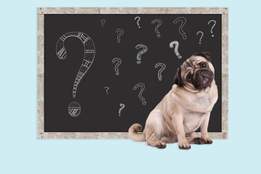cam·ou·flage
ˈka-mə-ˌfläzh 

-ˌfläj
1
: the disguising especially of military equipment or installations with paint, nets, or foliage
also
: the disguise so applied
2
a
: concealment by means of disguise
The rabbit's white fur acts as camouflage in the snow.
b
: behavior or artifice designed to deceive or hide
hiding behind a camouflage of righteous indignation
camouflaged; camouflaging
: to conceal or disguise by camouflage
The makeup camouflages blemishes.
: to practice camouflage
: made in colors or patterns typical of camouflage
a camouflage jacket
Love words? Need even more definitions?
Merriam-Webster unabridged














Share